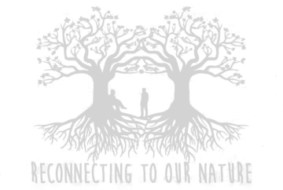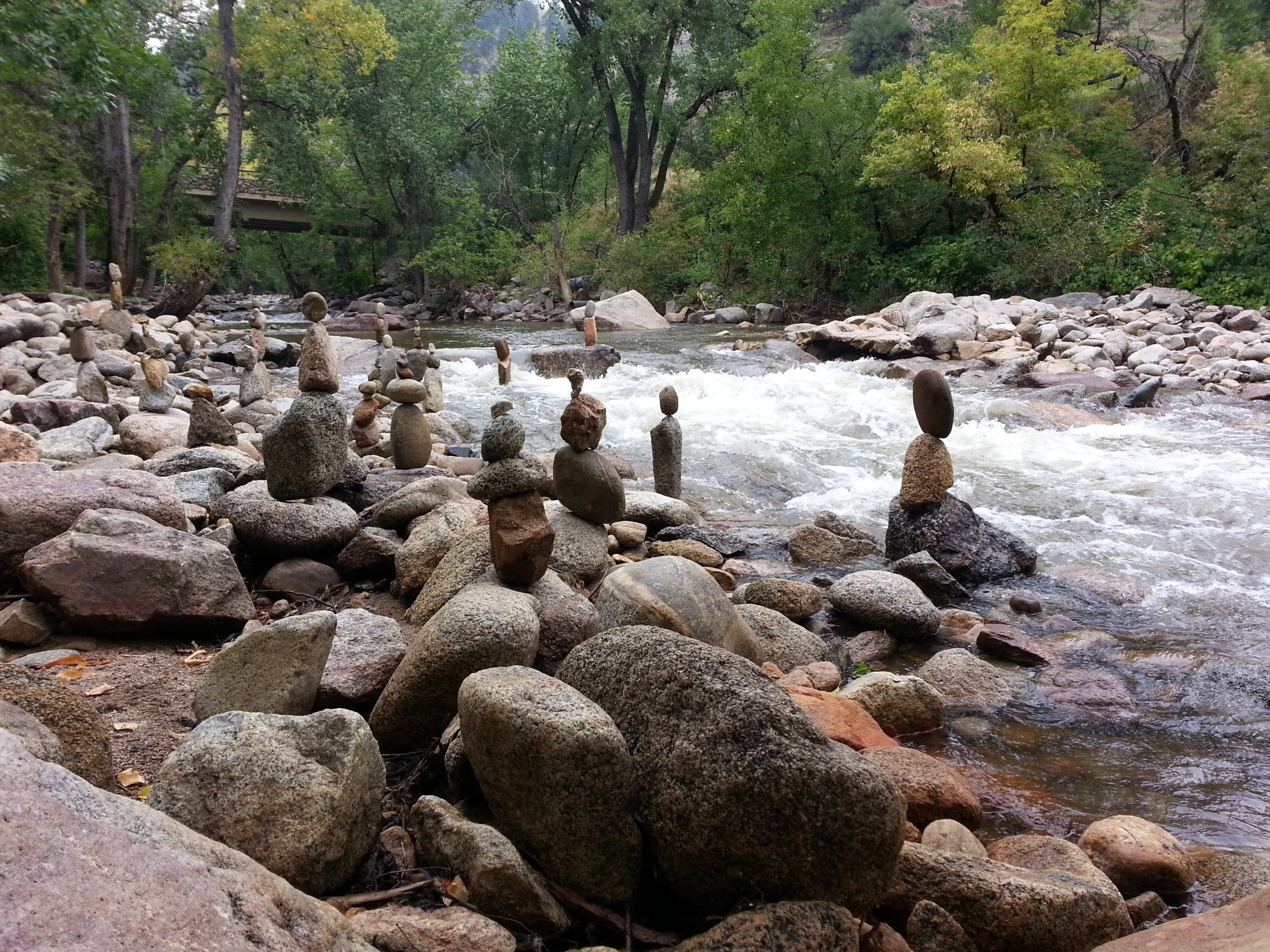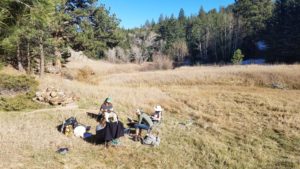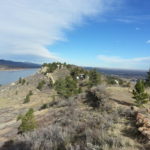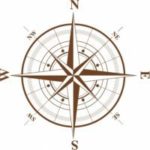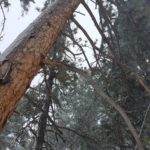Why We Need Ritual – And Rites of Passage in Our Lives
As a psychotherapist, I have learned about hundreds if not thousands of tools and theories for growth and healing. I’m pretty open minded, so I’ve explored everything from the most heavily science based to the obscure creative methods created by people with no formal education or training – just because their guides, dreams, or energy showed them what to do. Some are fantastic, some I use in my therapy practice, some are worthless, and it is clear that different things work for different people with different issues at different points in their lives. One thing that is mostly missing and almost went extinct in the healing landscape is community based ritual and rites of passage.
In our western individualist society, healing often happens one on one. And plenty of healing can happen that way, but sometimes it is incomplete until we can apply it in our daily lives with other people. For this reason, I offer group therapy because it is a powerful, but groups are hard to fill and almost everyone that I recommend it to says they don’t want to talk about personal things in front of other people or they don’t want to hear about other people’s problems. But in community settings, when we do our growth and healing work together, once we get past that fear of being vulnerable what we learn is that we are not alone in our problems – we all face very similar things. And as we grow and change, we need to be witnessed and recognized in our healing.
Taking this further, transitioning from a limited way of being to a fuller way of being which happens in healing work also happens in ordinary life changes. We move from one developmental stage to the next (childhood to adolescence to adult to elder), phase of life (student to worker to leader or teacher), relationship (single to partnered, partnered to separated or even self responsible to parent, parent to empty nester, etc…). We change jobs, careers, become sober, change our sexual identities, become caregivers, lose major people, step up into leadership or greater responsibility, and countless other major changes in our lives. Sometimes these transitions happen easily, but for many of us there is difficulty and making these big changes. We don’t know how to do it, don’t have confidence, aren’t clear on what steps are needed, or if we are thrust into it, we feel unprepared or like an imposter.
Community based ritual, and rites of passage in particular have existed to aid in this process. When we need to become a new person, immersing ourselves in a deep ritual held by community to mark this change helps us do the necessary work of severing ties from the old way of being. We have to let die our past self, maybe even grieve what is being lost, before we can start anew. Often we try to hold onto and keep too much for fear of not getting more, but we have to let go of the old before we really claim the new. Yet still before we can fully step into the new way, we have to sit for a time in the in-between state, where we are neither the old or the new where we can really reflect and release the old and open ourselves to learn from the unknown mystery of what is to come that we don’t yet know about. And finally we need to be witnessed and acknowledged by our community as this new person to help confirm it, and remind us when we doubt if the change really happened. In summary, these common stages are severance, threshold, and incorporation.
We do have some community based rituals and rites of passage that still exist in our society. Graduation from one grade to the next or one school to the next, getting married, orientation at a new job, funerals, birthday parties, and others. Some are better than others at meeting the needs of those three stages, but often they fall short. We don’t let go fully of the old. We ruse on and don’t sit in the unknown in between state. Or we are not confirmed and witnessed in our new greater, more whole self. Our western society has become so removed from this process that we don’t see that just reaching an age number does not mean we have reached a role or level of maturity. I’m sure we all have seen adults that act like children or adolescents. I believe part of this is that they didn’t have proper mentorship, didn’t have community based rites of passage, and we unable to figure out how to do in on their own.
Another missing element in the existing rituals we have a lack of a fully embodied test. Sure, schools have final exams that challenge us, some even will have a practical application portion which is even better, but to fully challenge us in our heart, mind, and body to tap into the resources we didn’t know we had – to take us to the point we don’t even know if we can do it and find a way through is an important part of fully claiming our new self. And again, being witness, seen, and affirmed as having faced that challenge, survived, and now fully worthy of what we are claiming and stepping into.
So where are you in your life? How are you living? Are you living in the most helpful, healthy, fulfilled ways you can live? Have you navigated all of the changes and transitions in your life smoothly? Or is there something incomplete or missing for you? It’s never too late to have a Rite of Passage. If you are like me, or like most people, there may be some ways you need to grow, heal, or change that would be served by an intentional Rite of Passage ceremony. In fact, I do one almost every year. It’s not a weekend workshop. It’s a fully involved experience that takes intention, preparation, and commitment. Consider it. Reclaiming your whole complete self, stepping into a fuller version of life is worth the investment. You only have one precious life. Live it fully.
Chuck Hancock. M.Ed., LPC guides people in all stages of life. Away from the known, into the unknown space where new ways of being are discovered. Dancing with the full spectrum of radical love, anger, acceptance, pain, fear, grief, stuckness, and joy he helps people reconnect to their heart, mind, body, and soul, in essence – their nature – our nature.
Drawing from his experience as a human in roles of father, son, brother, husband, mentor, mentee, psychotherapist, teacher and student of life he has learned how to partner with the wisdom of natural processes to empower people to move forward with a more connected, fulfilled, life than ever before. Chuck has trained with School of Lost Borders to lead Rites of Passage and nature based ritual, is a certified Wilderness First Responder (WFR), has over 10 years experience apprenticing with indigenous ceremony leaders for vision quest and sweat lodge and other ceremonies, and has extensive training and experience guiding people in mindfulness, somatic, depth work, and non-ordinary states of consciousness. He is passionate about revitalizing intentional ceremony and is active with Youth Passageways and Wilderness Guides Council for ongoing mentorship and community.
